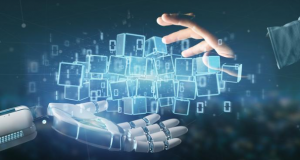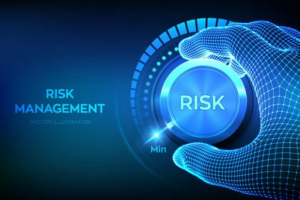The Promise and Perils of Artificial Intelligence

Artificial intelligence is progressing rapidly and stands to greatly impact society for better and worse. AI can help solve pressing societal problems while exacerbating existing inequalities if not developed and applied responsibly. With wise management, AI may improve lives and benefit humanity in amazing ways. But without safeguards and oversight, advanced AI poses risks that threaten society’s shared values. Overall, the future with AI is filled with promise but also perils we must navigate thoughtfully.
AI promises to transform fields such as healthcare, education, transport and sustainable development. In healthcare, AI can enhance diagnosis, personalize treatment plans and accelerate drug discovery. AI may make education more accessible, effective and engaging through platforms with adaptive learning systems. Autonomous vehicles powered by AI can reduce traffic and accidents, while AI helps optimize energy usage and detect pollution sources for environmental sustainability. However, we must address issues of unfairness and lack of transparency in AI to achieve good outcomes, especially for marginalized groups. Policies and regulations will likely shape progress in AI for the common interest.
While AI will significantly impact jobs and the economy, effects depend on how we choose to distribute both resources and opportunities. Many jobs will be automated, but new jobs will also emerge. Retraining programs must help workers gain skills for AI and robotics jobs. A basic level of economic support may be needed for those unable to find work. With prudent policies, job disruption from AI may be gradual and job gains counterbalance losses. But in the absence of policy actions, inequality may worsen as the wealthy and highly skilled benefit disproportionately from AI. International cooperation is key to aligning progress in AI with shared global values.
Weaponized and autonomous AI poses threats that require oversight and constraint. Policies must restrict AI for dangerous military use but not ban it altogether. Systems with superhuman intelligence – if achieved – raise concerns of existential catastrophe due to loss of human control or misaligned goals. Researchers are working to ensure any advanced AI systems of the future remain grounded and beneficial. However, malicious development of AI in pursuit of power may not be easily regulated or contained. International collaboration will be critical to direct this powerful technology for the common good.
In summary, artificial intelligence brims with possibilities for both progress and peril. The future with AI is ours to shape through individual and collective choices. We must guide progress in AI responsibly by moral leadership and courage of conscience. Short-term self-interest alone will not safeguard humanity’s shared future. Benefits depend on building AI-powered systems with ethics – not just efficiency – in mind. Only by rising above unchecked ambition and joining together can we steer this transformative technology to serve society as whole. The welfare of humanity hangs in the balance. But if we’re able to meet this challenge with wisdom, patience and faith in one another, AI may lift humanity into a vastly better future – one where human and artificial intelligence share hopes, needs and understanding as never before. The future awaits our open hands and hearts joined as guide. But we must choose to shape it.






